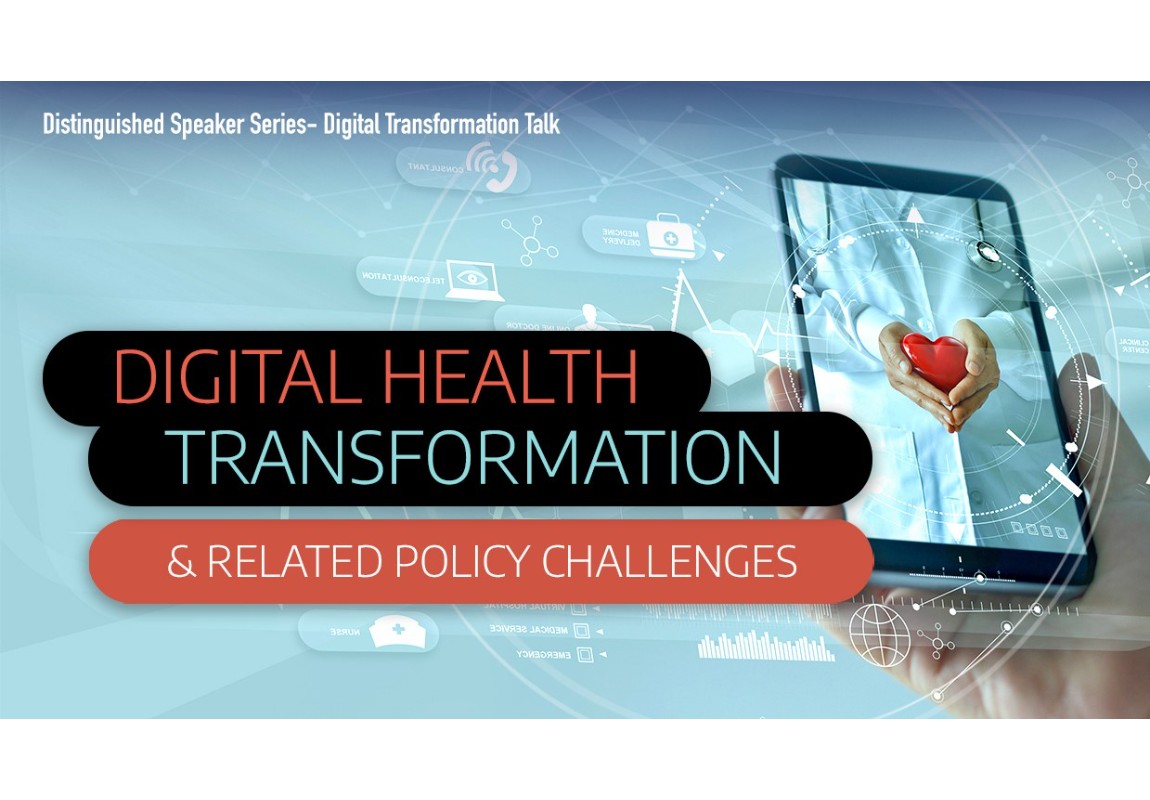
Adriana Banozic
 |
Adriana Banozic, PhD, is a trained psychologist and neuroscientist with an executive education in Implementing Public Policy from Harvard Kennedy School. She specializes in managing cross-functional environments using consensus building, and communicating complex issues in simple and concise language for multiple audiences. Since 2014, Adriana has been involved in various research projects with A*STAR, NUS, and CREATE, and has significant experience in developing and managing research-policy partnerships in Singapore and the region. Adriana is also involved in several professional committees and societies. Amongst her various involvements, she is Advisor to the UN Women Committee and a policy fellow with the Centre for Science and Policy at the University of Cambridge.. |
Digital transformation in healthcare refers to the processes that integrate digital technology into all areas of healthcare, which fundamentally change how healthcare organizations operate and care for patients. The objective of the talk is to provide participants with knowledge and awareness of current and emerging digital therapeutic and healthcare technologies that are gradually shifting how we access and experience healthcare. Through videos, seminar-style discussions and presentations participants will discuss how digital transformation is implemented in practice in Singapore and around the world, as well as opportunities for innovation, businesses, and related policy challenges.
This talk will place attention on telemedicine, artificial intelligence (AI)-enabled medical devices, digipeutics, and data safety issues. These are just a few examples of digital transformation in healthcare that are completely reshaping how we interact with health professionals, how our data is shared among providers, and how decisions are made about our treatment plans and health outcomes. Students would also gain some insight into the marketing and innovation ecologies of digital healthcare technologies, by having further discussions on business growth in digipeutics and wearables, namely wearable medical devices, predictive healthcare, and digipeutics.